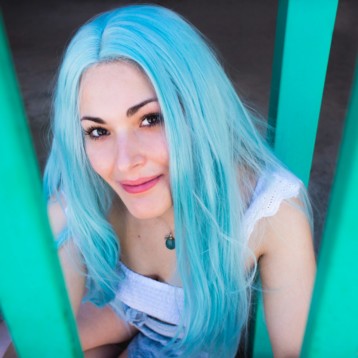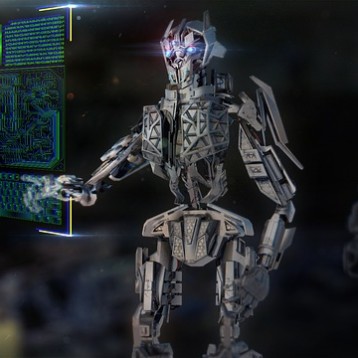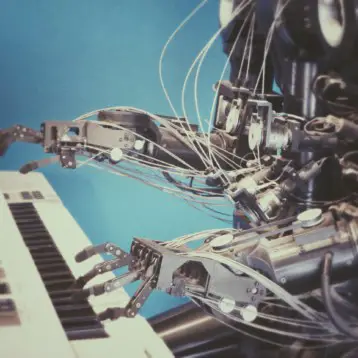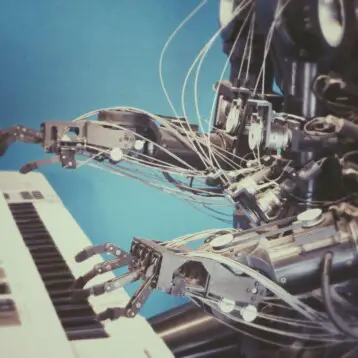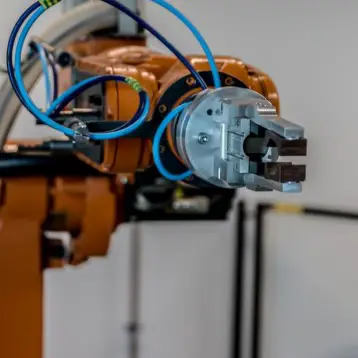Ocean Farm Technologies, Inc. of Searsmont, Maine, has developed self-propelled spherical aquaculture cages suitable for use in rough, open ocean conditions and designed to support a wide variety of aquatic species. The cages operate when both fully or partially submerged, retain their size and shape in strong currents or undertow, making them well suited for a wide variety of uses.
The AquaPod Net Pens are constructed from individual triangular panels made from reinforced high density polyethylene and tensioned vinyl coated galvanized steel wire mesh netting. The netting acts as a predator repellent, permitting their successful use in areas where losses to predators have made aquaculture difficult. The panels are modular and can easily be replaced for out of water inspections, minor problems, or regular maintenance needs. The modular system also allows for size adjustments, supporting spheres ranging from 10 to 27 meters in diameter without loss of rigidity or other function.
In addition, standard net panels throughout the sphere can be replaced by feeding pods or panels with scientific instrumentation as needed. Each cage includes at least one feeding pod which connects to a feed barge or boat using a hydrolically powered distribution system. The piping for this system can be easily attached anywhere along the exterior of the cage.
Individual panels or groups of panels with other functions such as access, fish transfer and grading, harvesting, mooring, and mortality recovery are generally used throughout each cage. Other individual panels have pneumatically controlled flotation devices which allow an almost infinite orientation of the AquaPod in the water. This ability to easily rotate the cage makes it much easier to service or replace panels without the extensive underwater diving required by many other aquaculture cages.
Unpowered AquaPods have already been deployed in Puerto Rico and Panama, but the goal is deploying fully automated powered AquaPods in deep waters in the future. Resolute Marine Energy, Inc. of Watertown, Massachusetts and MIT’s Aquaculture Center are working with Ocean Farm Technologies to build remote controls for the pods so they can be deployed without the expense or risk of deploying personnel to remote ocean sites.
TFOT has previously written about aquaculture and ocean technology including a possible future floating arcology designed by Vincent Callabaut Architectures, a robot designed for deep sea floor surveys, and the Seaglider unmanned underwater exploration vehicle.
You can read the Ocean Farms Technologies product page for the AquaPod Net Pen here.

